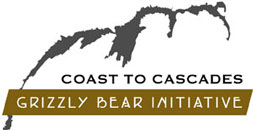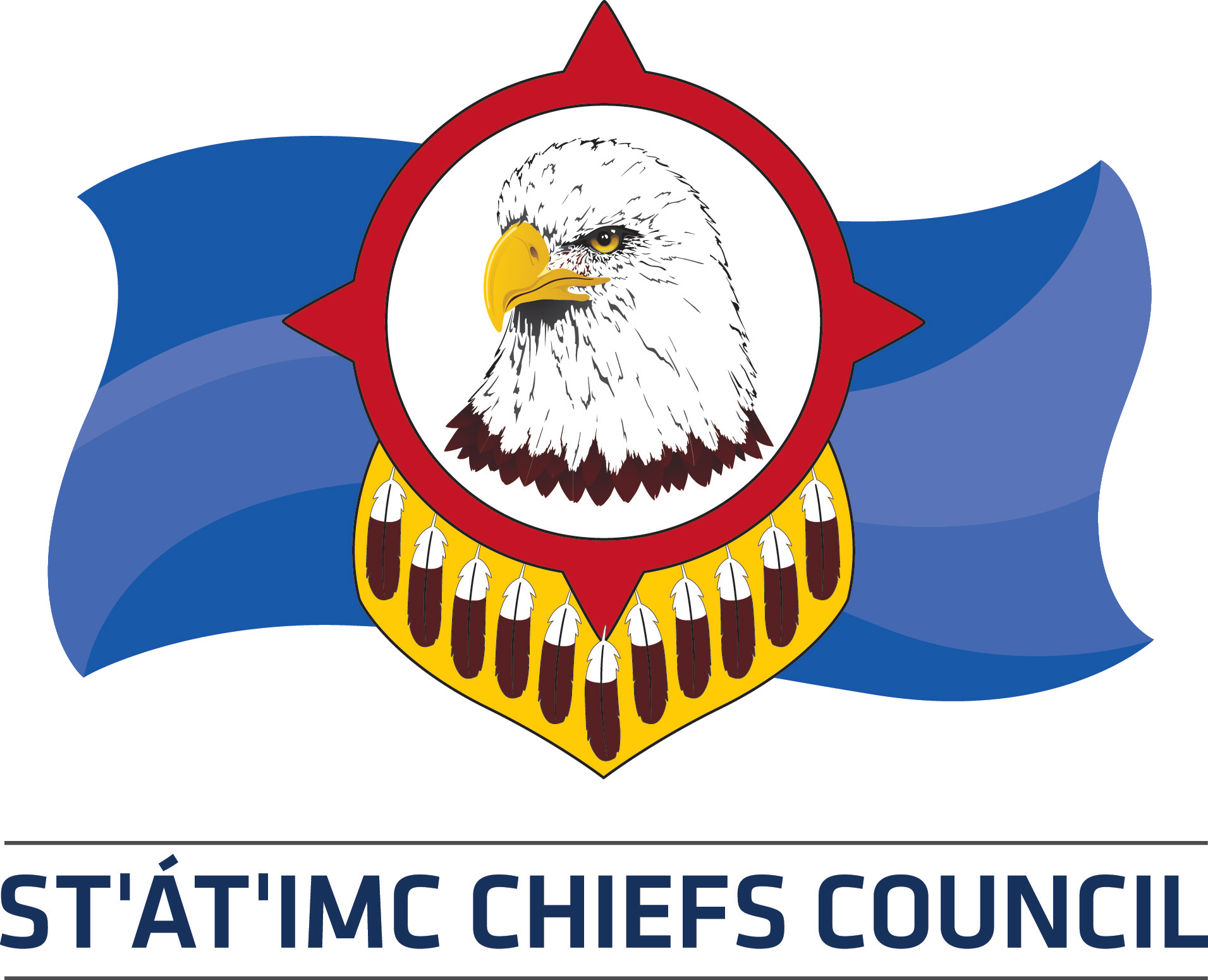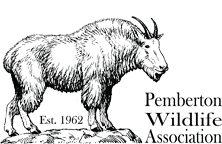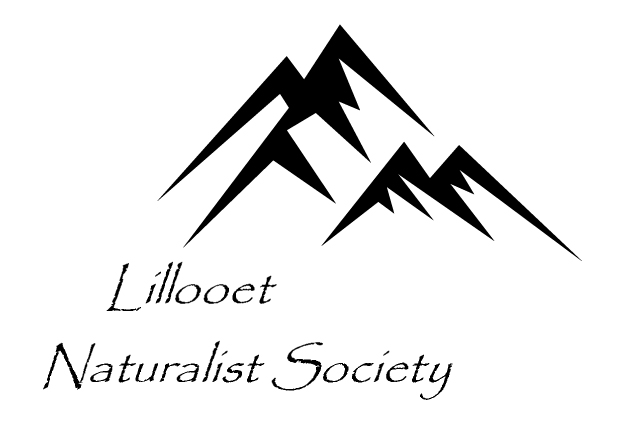The Coast to Cascades Grizzly Bear Initiative team draws upon years of experience in wildlife and landscape planning. As a coalition of groups we are fortunate to be able to call upon local contacts and knowledge within the communities throughout the Coast and Cascades region. The core team are listed below, but we by no means work alone.
Meet the Team
Joe Scott- International Programs Director: has been on Conservation Northwest (CNW) staff since 1998. Joe has managed CNW’s British Columbia and grizzly bear programs for the entirety of his tenure. His work with BC colleagues to protect transboundary at-risk species and habitat led to the Mountain Caribou Project, a coalition effort that helped protect more than 5 million acres of mountain caribou habitat in the Inland Temperate Rainforest. Joe leads CNW’s grizzly bear recovery work and represents CNW on the the Coast to Cascades Grizzly Bear Initiative. As part of C2C project Joe represents CNW/C2C on the Joint Nations Grizzly Bear Initiative which is a multi-Nation, indigenous led effort to conserve and restore grizzly bears and their habitat in SW British Columbia.
Jolene Patrick- Community Co-existence & Education: is from N’Quatqua of the St’át’imc Nation. Always passionate about protecting and respecting Wildlife and Wild spaces, inspired her to complete a Bachelors Degree in Animal Biology. In August 2016, Jolene joined the Coast to Cascades Grizzly Bear Initiative in the role of Conflict Prevention and Education. Jolene is promoting proactive Conservation efforts by honouring the connections between St’át’imc and ta St̓alhálama (the Grizzly Bear).
Erica Van Loon- Communications: has grown up on her family farm in the Pemberton Valley, and has always had a passion for the intersections between nature and agriculture. Upon seeing numerous Grizzly Bears flow through the upper Pemberton Meadows over the years, they quickly became her favourite species! While completing her MSc, Erica had the chance to focus her Thesis research on the relationship between grizzly bear food security and Indigenous food sovereignty in the Lil'wat Nation. She is thrilled to be a part of the Coast to Cascades team to promote awareness on coexistence with this incredible species.
Ally Truscott- DNA Project Coordinator: Ally's passion for Grizzly Bears, and the importance of their conservation for other species, motivated her to pursue a career in wildlife. After receiving a diploma in Fish, Wildlife and Recreation from BCIT, she went on to complete a degree in Wildlife and Fisheries at the University of Northern BC in Prince George. While there, she had the opportunity to learn about human-bear conflict and developed an interest in the ecology of human-bear coexistence. In May 2024, Ally helped initiate our Grizzly Bear DNA monitoring project, where most of her time is spent collecting hair samples and maintaining camera traps to monitor Grizzly Bear activity in both human-dominated landscapes and surrounding wilderness areas.
Sonia Nicholl- Bear Specialist: Sonia brings many great skills and experience to the team and will assist with the Conflict to Coexistence Initiatives, including the Electric Fence Cost-Share Program. Sonia has worked as a Human Wildlife Conflict Officer for Parks Canada for the past 10 years. Since 2020, she has been the Parks Canada National Human Wildlife-Coexistence Technician. Her many certifications include: Canadian Firearms Safety Course (CFSC) Instructor, Conservation Outdoor Recreation Education (CORE) instructor, and Wildlife Human Attack Response Training. Sonia “has hung out with bears a lot and thinks they’re pretty neat”.
Meet Our Scientific Advisors
Dr. Lana Ciarniello is a Registered Professional Biologist, an Independent Research Scientist, and Co-Chair of the International Union for the Conservation of Nature (IUCN), Bear Specialist’s Group’s Human-Bear Conflict Expert Team. Lana began research with bears in 1993 and has provided consulting services on the research and management of fish and wildlife to the government, NGOs, First Nations, other consulting firms, and industry since 1997. Lana’s previous projects have included radio-collaring bears to track their use of habitats, survival and reproduction and using non-invasive data gathering methods to monitor the effects of bear viewing tourism on bears. Her report, Reducing human-bear conflicts: solutions through better management of non-natural foods (Ciarniello 1997) pioneered the BC Bear Smart program. Lana believes in science-based management of bears. She uses temporal and spatial modeling to seek to explain urban encroachment into bear habitat, natural food shortages, and human-bear conflicts in relation to grizzly and black bear biological requirements.
Dr. Bruce McLellan is an Emeritus Wildlife Research Ecologist who, since 1978, has done radio telemetry and DNA based field research on grizzly bears and caribou in several locations in British Columbia. He has authored dozens of science journal papers on these species. Over the decades he has been involved with many land-use, access management, and recreation management processes and, with others, initiated the Bear Awareness Society in the 1990s that now evolved into Wildsafe BC. Bruce has been President of the International Association for Bear Research and Management, then co-chaired the IUCN Bear Specialist Group for 15 years and is now the Redlist authority for this group.
Dr. Michelle McLellan- Main research interest: recovering endangered populations of large mammals, population ecology, predator-prey dynamics. Main experience: Studied endangered and recovering populations of grizzly bears in southwestern bc for 15 years including population trends and habitat use.
Dr. Michael Proctor is an independent research scientist and current lead researcher for the Trans-border Grizzly Bear Project in southern BC, Canada. He works to inform conservation problems and solutions related to bears and large carnivores. He focuses on small threatened populations requiring higher conservation attention, including population recovery, human-bear conflict reduction, community-based conservation, landscape genetics, population fragmentation, connectivity and management, habitat use, bottom-up-top-down population dynamics, demographics, and trend monitoring. He has spent his 25+ year career researching, integrating, and implementing solutions to real world conservation problems including managing people and bears. His latest endeavor is to work to identify and establish broad–based Ecological Corridors in southeast British Columbia. Michael has served as the vice-president of the International Association for Bear Research and Management, and the CoChair of the IUCN Bear Specialist Group.



















